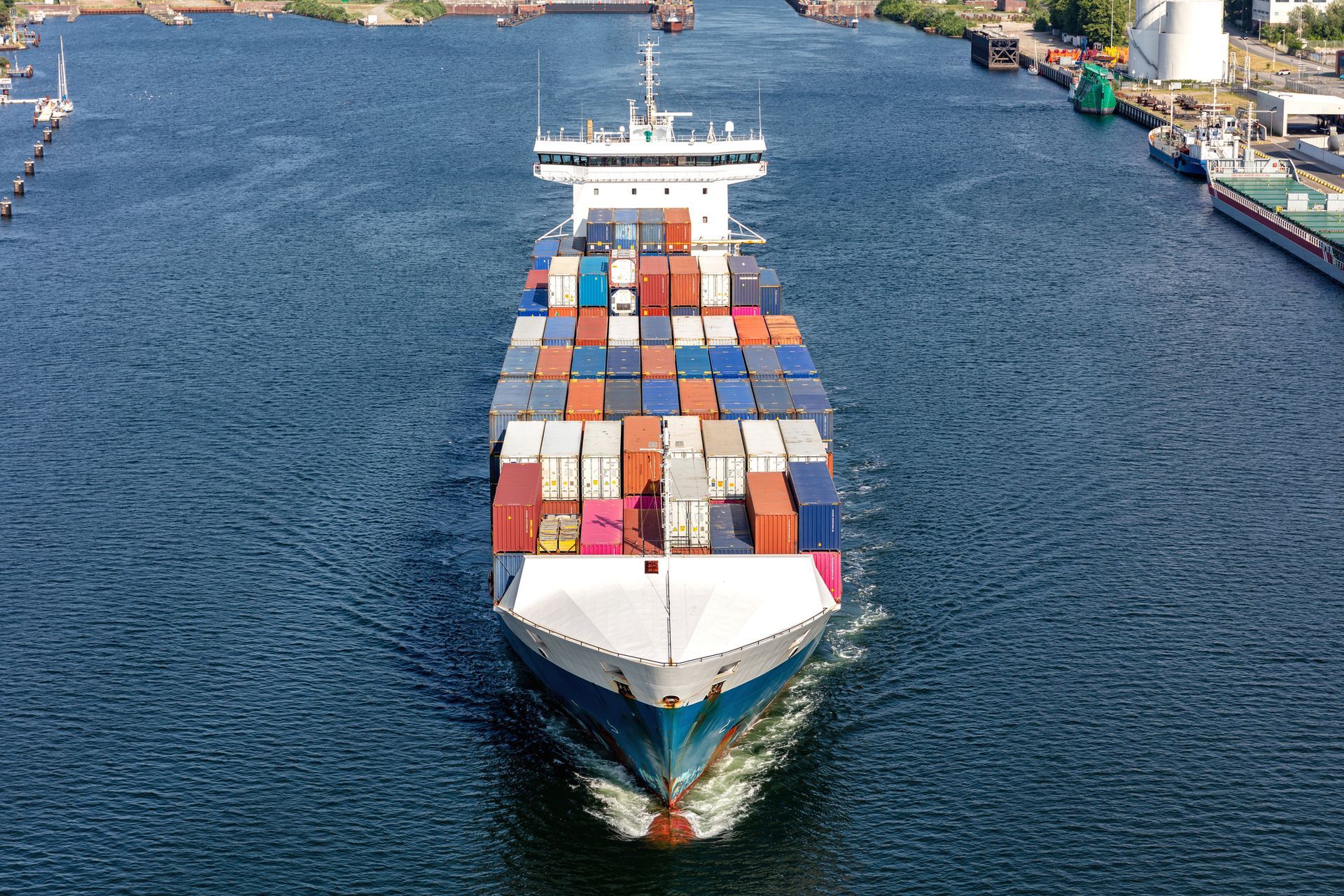
LCL (Less than Container Load) cargo consolidation is a key logistics strategy for freight forwarders and brokers looking to reduce costs, optimize resources, and promote sustainable practices in maritime transport.
This practice involves grouping goods from different companies into the same container, maximizing efficiency while minimizing expenses. This article explores how to implement this method effectively, alongside its benefits and challenges.
What is LCL Cargo Consolidation?
LCL cargo consolidation allows different companies to share space in the same shipping container, managed by NVOCCs (Non-Vessel Operating Common Carriers).
The primary appeal of this model is cost savings, as expenses are shared among participants based on the space occupied. However, it’s not a one-size-fits-all solution; fragile, perishable, or specialized cargo may not be compatible with this method.
Can Any Cargo Be Shipped via LCL?
Not all cargo is suitable for LCL shipping. Some goods have sanitary restrictions, are too fragile, or require refrigeration. Understanding the cargo and its requirements is essential, as it will share container space with other goods.
Partnering with an experienced NVOCC can help identify the best options for your business and ensure a smooth process.
Benefits of LCL Consolidation in Imports
Cost Reduction
LCL consolidation significantly lowers shipping costs by splitting transportation expenses among companies sharing the container.
Shorter Wait Times
For importers with smaller shipments, LCL reduces the need to accumulate large cargo volumes or over-purchase just to fill a container. By paying only for the space used, smaller shipments become financially viable, also reducing excess inventory.
Environmental Impact Reduction
LCL consolidation promotes sustainability by reducing the number of containers shipped and associated carbon emissions.
How to Optimize LCL Consolidation
- Know Your Cargo
Evaluate the product’s characteristics and shipping requirements. Incompatible goods may compromise the consolidation. - Plan Dimensions and Weight
Provide accurate dimensions and weights to avoid delays or additional costs. - Choose the Right LCL Service
Opt for direct services to minimize transit time and handling, reducing risks of damage. - Assess Loading/Unloading Terminals
Ensure the terminal chosen by the NVOCC has suitable facilities for container handling. - Regularly Monitor Performance
Review service providers periodically to identify improvements and avoid recurring issues.
Challenges and How to Overcome Them
1. Customs Retention and Supply Chain Delays
If one shipper fails to meet regulatory requirements, the entire container may be delayed.
Mitigation
Ensure all documentation is complete and accurate before shipment. Work with experienced freight agents and NVOCCs.
2. Risk of Damage or Loss
Sharing space increases the risk of damage from poorly packaged or incompatible cargo.
Mitigation
Invest in proper packaging and coordinate with the NVOCC to ensure compatible storage conditions.
3. Coordination and Communication
Effective communication between shippers, logistics operators, and recipients is crucial to avoid delays or unexpected costs.
Mitigation
Choose reputable NVOCCs with their own services and reliable processes.
Conclusion
LCL cargo consolidation is a strategic solution for companies aiming to reduce costs, optimize logistics, and promote sustainability.
With proper planning, reliable partners, and continuous monitoring, LCL can transform logistics into a more efficient and competitive process.
Continue a navegar no blog da Allink

Mantenha-se informado sobre o comércio exterior
Assine nossa newsletter e receba atualizações semanais de forma gratuita sobre o mundo da logística.




